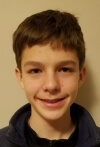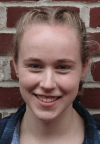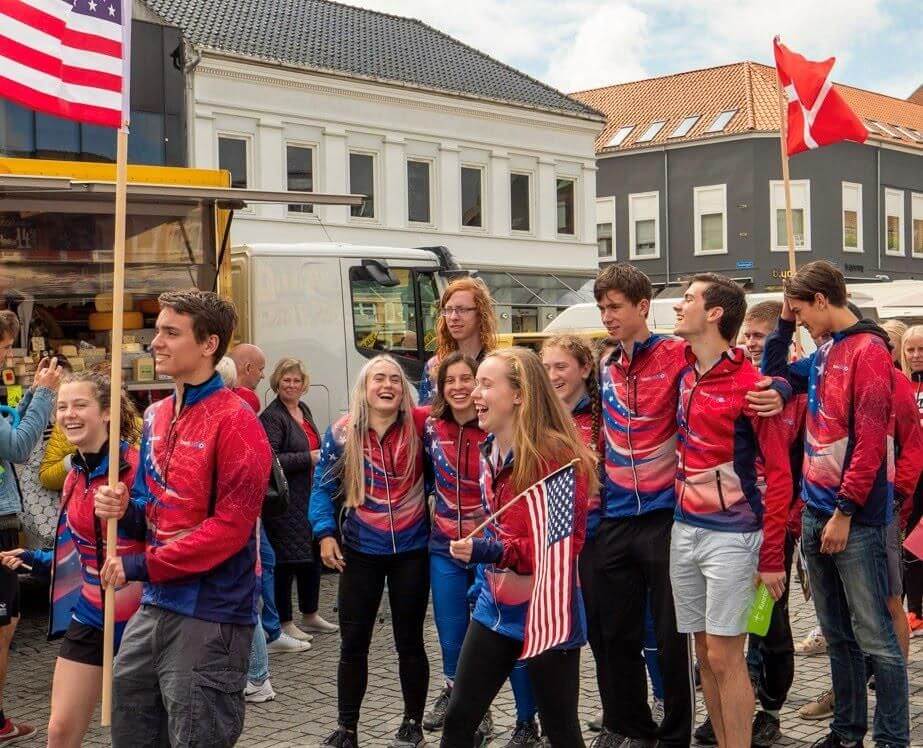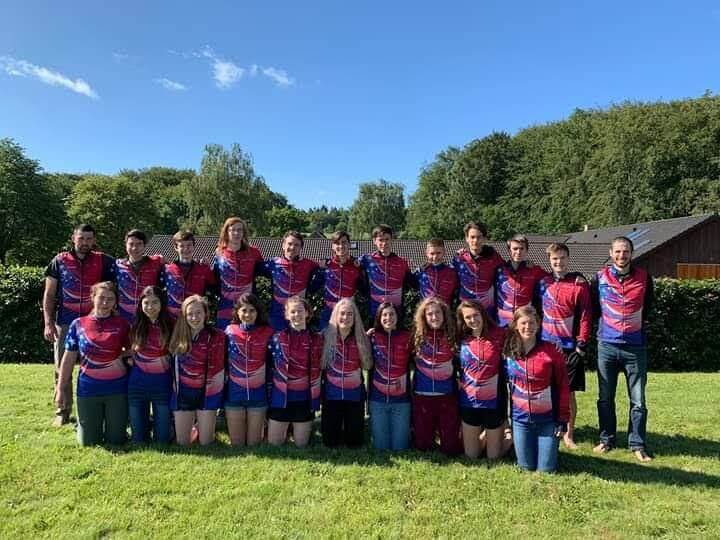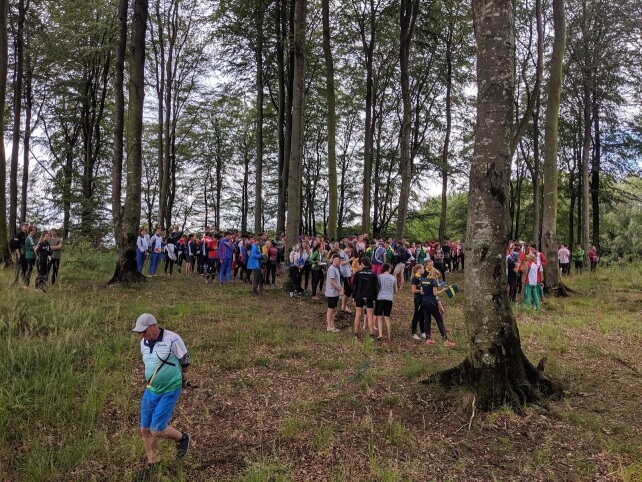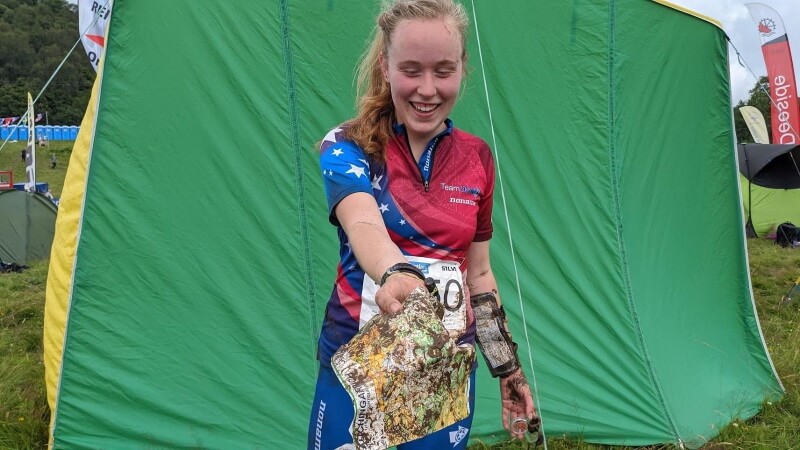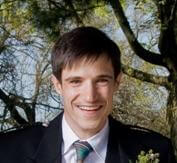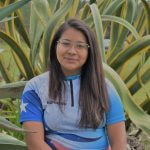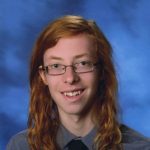2020 WUOC Applications Due Jan 5
Applications to be considered for a place on the World University Orienteering Championships Team are being accepted through January 5th.
Automatic spots will be award to the winner of the M-21+ and F-21+ categories of the two-day Classic competition at the Georgia Navigator Cup in mid-January. Other team members will be selected by the committee from petitions.
Find out more about this biennial competition, and learn how selection will take place on the WUOC Team page.

